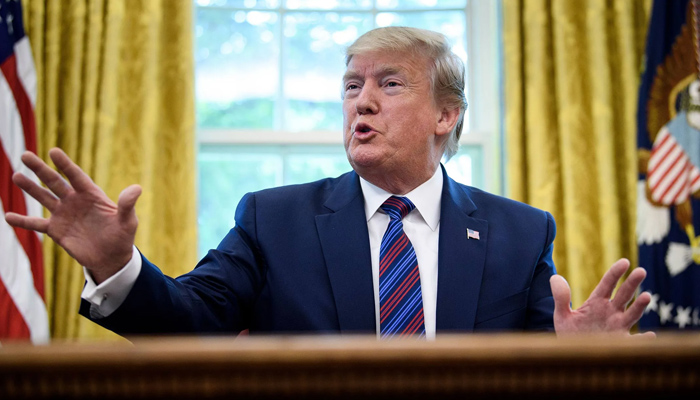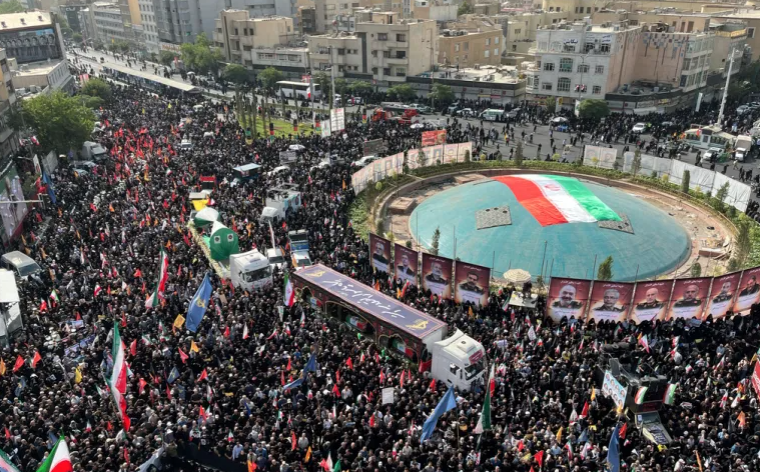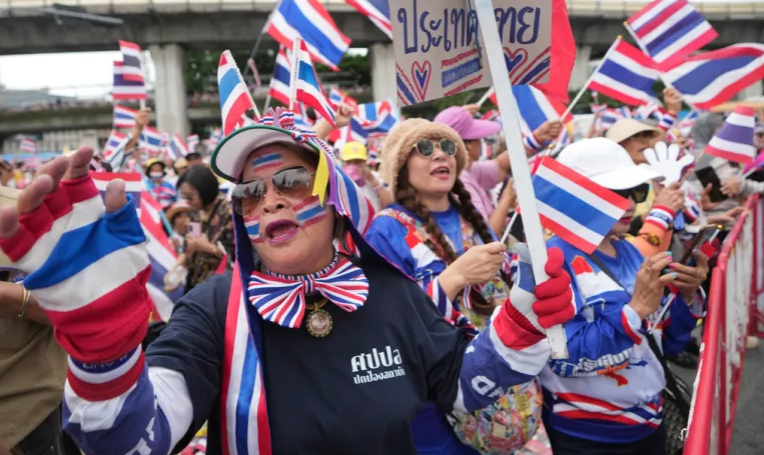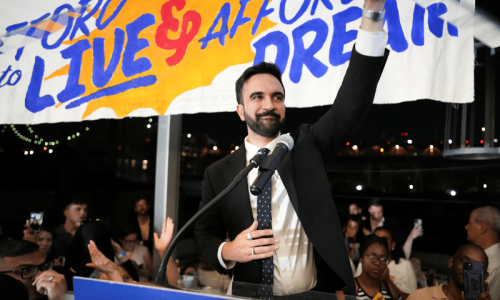WORLD NEWS
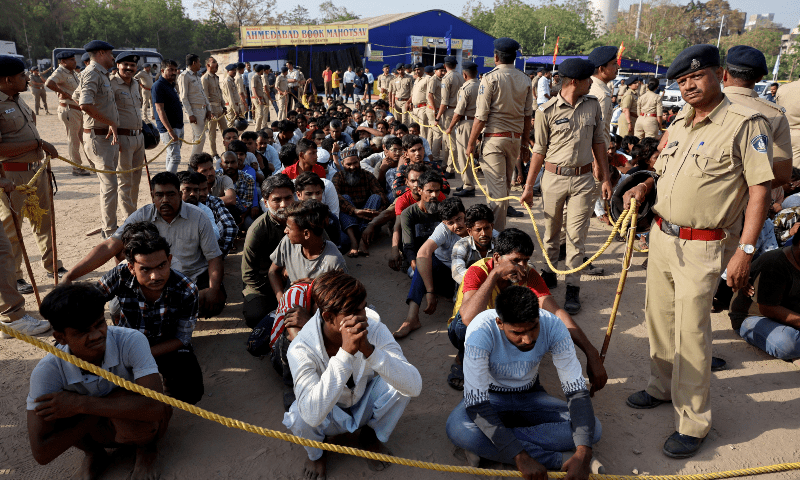
India has deported hundreds of people — many of them Bengali-speaking Muslims — to Bangladesh without trial, sparking international outrage and condemnation from human rights groups who call the crackdown an unlawful campaign rooted in ethnic and religious profiling.
Officials from both India and Bangladesh confirmed that hundreds have been expelled across the border in recent weeks, with estimates ranging from 1,600 to 2,500 individuals. Rights groups warn the actual number could be much higher, as many were deported at gunpoint, without any judicial process or consular notification.
🔎 Victims Speak Out
Rahima Begum, a 50-year-old woman from Assam, said she was detained in late May and deported under the cover of darkness.
“I’ve lived here all my life. My parents and grandparents were born here too,” she told AFP. “They told us to crawl through the swamp toward Bangladesh — or we’d be shot.”
Begum was among six people — all Muslims — who were dumped near the Bangladesh border and later beaten by Bangladeshi police before being forced back. She said Indian authorities returned her to her home with strict instructions to stay silent.
Another victim, Nazimuddin Mondal, a mason from Mumbai, says he was flown in a military aircraft to Tripura and dumped across the border. Despite showing valid Indian documents, Mondal was beaten and ignored.
“They didn’t care. They just saw my name and my language,” he said. “I’m terrified now. I don’t leave home.”
⚖️ Legal and Human Rights Concerns
Legal experts say India’s actions blatantly violate domestic and international law.
“You cannot deport people without confirming their nationality or allowing due process,” said Sanjay Hegde, a senior civil rights lawyer in New Delhi.
India’s Constitution and international human rights conventions require trials, hearings, and the consent of the receiving country before any deportation. Bangladesh has refused to accept most of the deportees, declaring some to be Indian citizens and returning over 100 individuals.
🧨 Political & Regional Context
The mass deportations come amid growing tension between India and Bangladesh, particularly after the 2024 uprising in Dhaka toppled a pro-India government. India’s crackdown intensified following a terror attack in Kashmir in April, for which India blamed Pakistan — accusations Islamabad denies.
India's Bharatiya Janata Party (BJP) government under Prime Minister Narendra Modi has a long record of anti-immigrant rhetoric, particularly targeting Muslims and Bengali-speaking people. Modi and Interior Minister Amit Shah have referred to undocumented migrants as “termites” and “infiltrators.”
Rights groups say the current wave of deportations appears to focus on Muslim labourers from BJP-ruled states, including Assam, Gujarat, and Tripura. Gujarat’s police chief confirmed that over 6,500 people have been detained since the crackdown began.
“This is not about immigration enforcement. It’s an ideological hate campaign,” said Harsh Mander, a veteran rights activist. “Muslims, especially Bengali-speaking ones, are being selectively targeted.”
📢 Bangladesh Reacts
The Bangladesh Border Guards (BGB) say they are overwhelmed and furious at being forced to absorb what they call "India’s problem." Some deportees were verified to be Indian citizens, prompting diplomatic protests.
Relations between the two countries have cooled dramatically since the political shift in Dhaka, and Bangladesh has called on India to halt the deportations immediately.
🧾 Key Facts:
· Over 2,000 deportations since May 2025.
· Victims include ID-holding Indian Muslims.
· Bangladesh has returned 100+ individuals after verifying they were Indians.
· No judicial trials or legal proceedings before deportation.
· Crackdown follows Kashmir attack and regional conflict with Pakistan.
